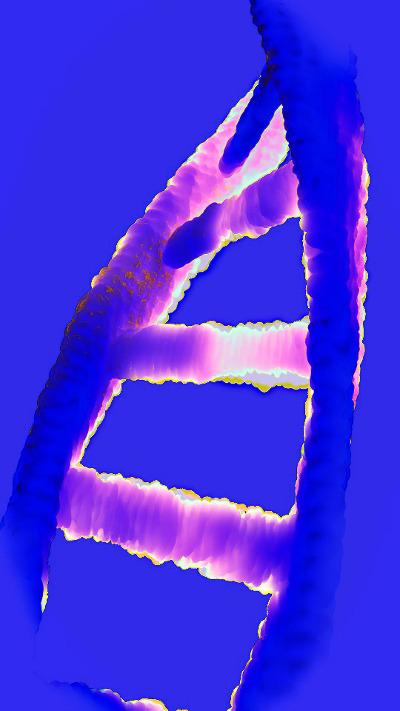Cancer 'fingerprints' uncovered
 Experts have published a new list of the genetic 'fingerprints' behind cancer drivers.
Experts have published a new list of the genetic 'fingerprints' behind cancer drivers.
Many known causes of cancer, such as UV light and tobacco smoking, leave a specific fingerprint of damage in the DNA.
International researchers have now revealed the most detailed list of these genetic fingerprints to date, providing clues as to how each cancer developed.
The research will help identify what types of genetic test are needed for each cancer type – filling in potential existing gaps that experts did not even know were there.
It will also help answer the question of why two patients with what appear to be the same cancer can have very different outcomes to the same drug treatment.
The collaboration involving more than 1,300 scientists and clinicians from 37 countries, analysed more than 2,600 genomes of 38 different tumour types.
The project represents an unprecedented international exploration of cancer genomes, which significantly improves our fundamental understanding of cancer and zeros-in on mechanisms of cancer development.
The fingerprint study identified new mutational signatures that had not been seen before, from single letter ‘typo’ mutations, to slightly larger insertions and deletions of genetic code. The result is the largest database of reference mutational signatures ever.
Only about half of all the mutational signatures have known causes, however this resource can now be used to help find more of these causes and better understand cancer development.
“We identified almost every publicly available cancer genome at the start of this project and analysed their whole genome sequences,” said Dr Ludmil Alexandrov, a first author of the study from the University of California San Diego.
“The data from these thousands of cancers allowed us to describe mutational signatures in much more detail than ever before, and we are confident that we now know most of the signatures that exist.”







 Print
Print